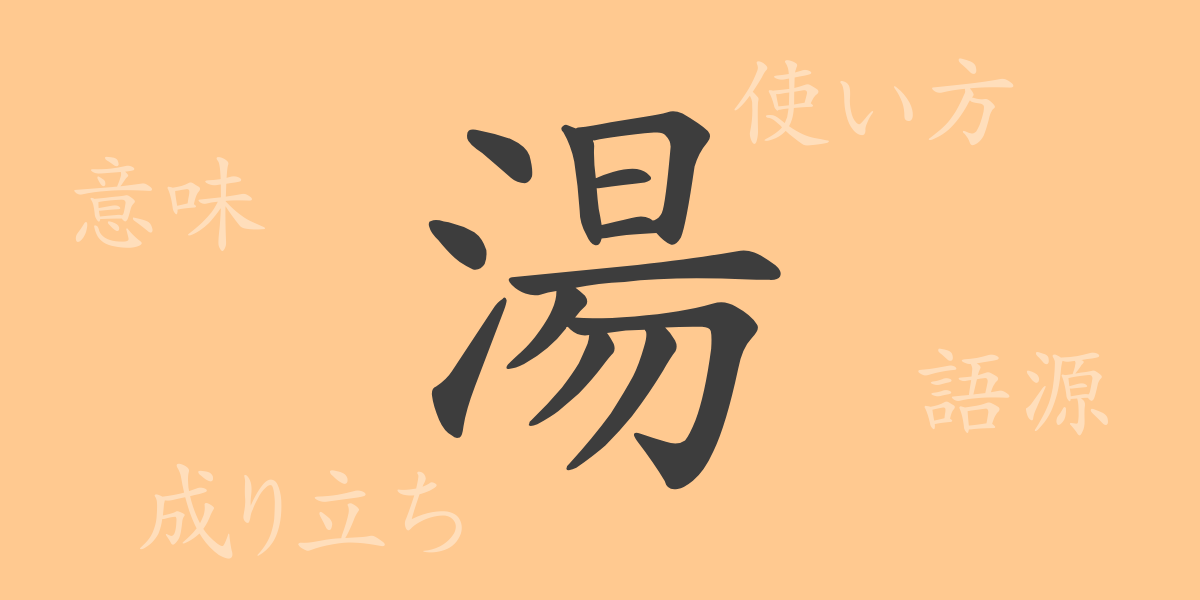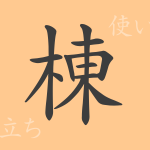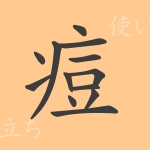In Japanese culture and everyday life, ‘湯 (ゆ)’ is deeply ingrained. This single character, which reflects people’s search for warmth and comfort, extends beyond mere water to influence many idioms and proverbs, showcasing the depth of Japanese culture and history. This article delves into the character ‘湯’, from its origins to its meanings and uses, exploring the profound world it represents.
Origins of ‘湯 (ゆ)’
The Kanji ‘湯’ originated from ancient China, where it was depicted as hot steam rising, symbolizing warm water. In Japan, ‘湯’ has long denoted hot springs and warm water, appearing frequently in classical poetry and documents. Over time, Japan developed its unique ‘湯’ culture, which continues to be cherished today.
Meaning and Usage of ‘湯 (ゆ)’
‘湯’ signifies more than just warm water; it is a multifaceted word used in drinking, bathing, and cooking. Common phrases include ‘湯を沸かす (ゆをわかす)’, ‘湯に浸かる (ゆにつかる)’, and ‘湯を注ぐ (ゆをそそぐ)’. In spa towns, ‘湯治 (とうじ)’ is frequently used, reflecting the therapeutic and healing aspects of ‘湯’.
Readings, Stroke Count, and Radical of ‘湯 (ゆ)’
The Kanji ‘湯’ is characterized by its readings and structure.
- Readings: On’yomi ‘トウ’, Kun’yomi ‘ゆ’
- Stroke Count: ‘湯’ consists of 12 strokes.
- Radical: The radical of ‘湯’ is ‘水 (みず)’, common to Kanji associated with liquids.
Idioms, Phrases, and Proverbs Using ‘湯 (ゆ)’
The character ‘湯’ appears in many idioms and proverbs, reflecting Japanese lifestyles and values. For instance, ‘湯水のように使う (ゆみずのようにつかう)’ describes using resources extravagantly, ‘湯の花 (ゆのはな)’ refers to mineral crystals unique to hot springs, and ‘湯上り (ゆあがり)’ depicts the refreshed state after bathing. These expressions convey the Japanese appreciation and fondness for ‘湯’.
Conclusion on ‘湯 (ゆ)’
The character ‘湯’ symbolizes an essential element of Japanese daily life. Understanding its evolution, profound meanings, and cultural background enriches our appreciation of ‘湯’. Experiencing the bliss of soaking in a hot bath while feeling the Japanese seasons, each moment enriches our spirits and heals our bodies. The enduring value of ‘湯’ remains a cherished aspect of our culture, worthy of continued appreciation.

























